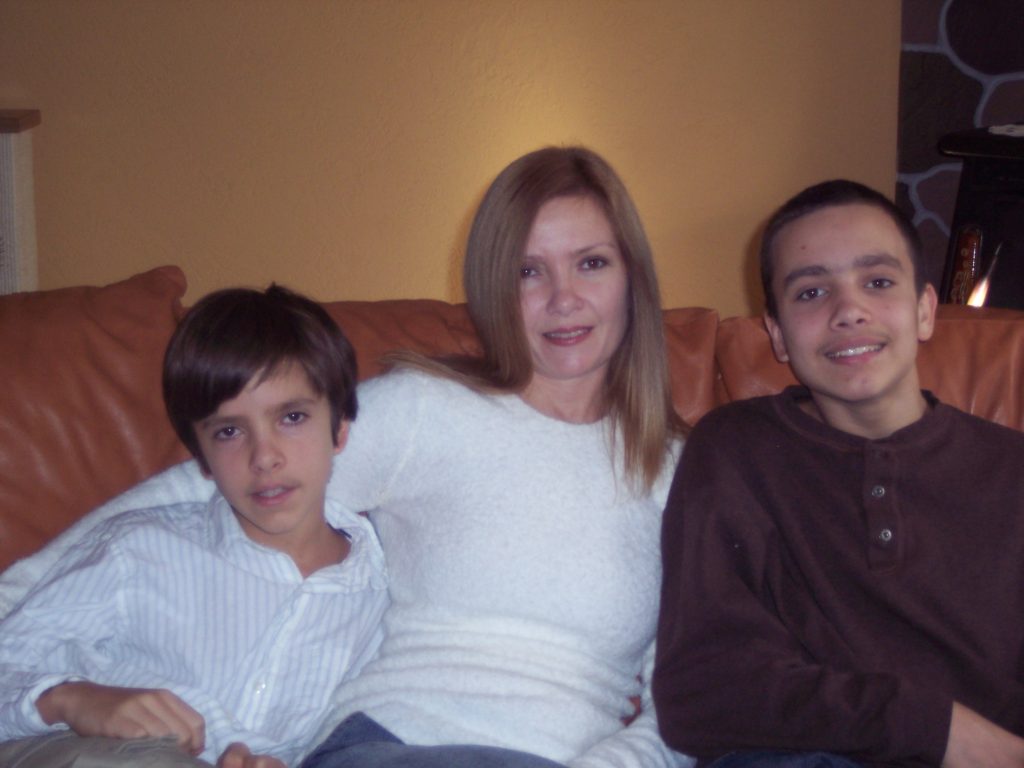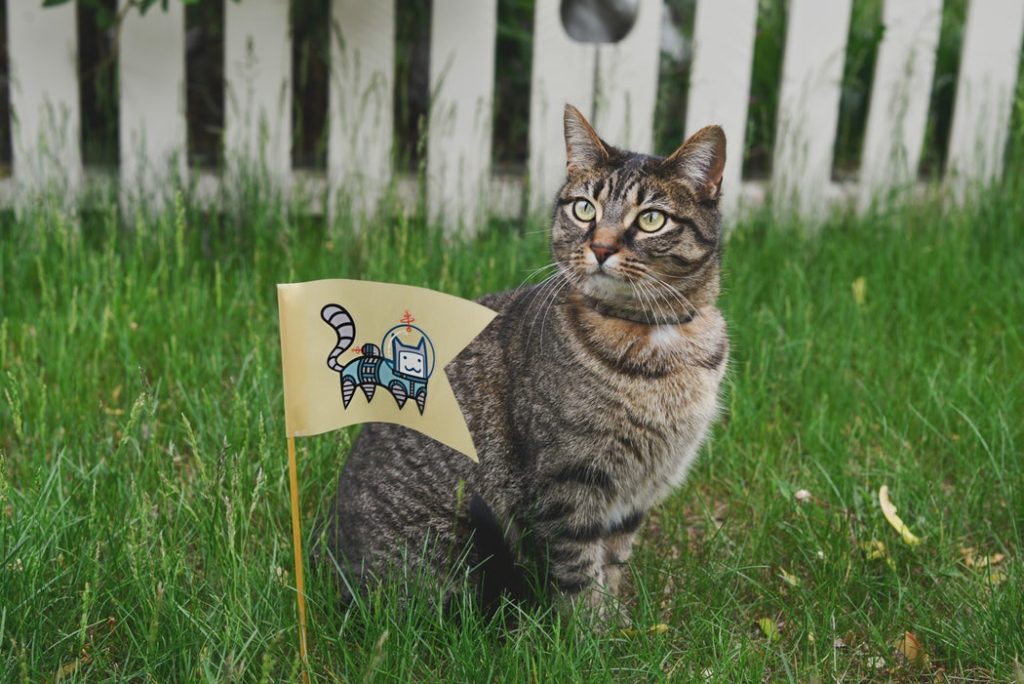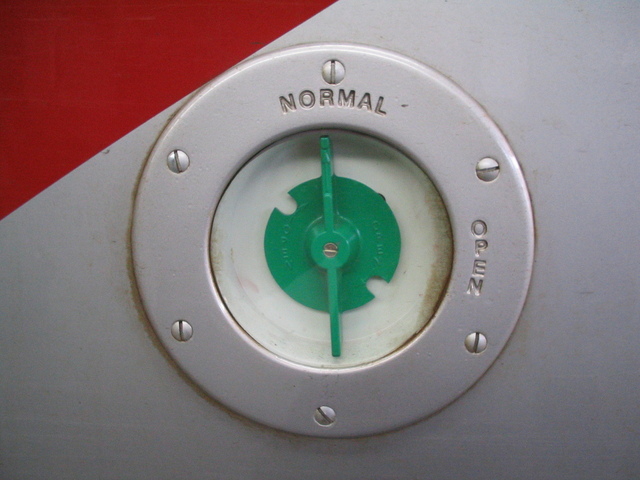
‘What ho!’ I said.
‘What ho!’ said Motty.
‘What ho! What ho!’
‘What ho! What ho! What ho!’
After that it seemed rather difficult to go on with the conversation.
-P.G. Wodehouse, My Man Jeeves (1919) ‘Jeeves and the Unbidden Guest’
Yesterday, Adam’s best friend of seven years was visiting at our house. In the spring, he moved three and a half hours away, so the boys don’t get to see each other very often. They talk a lot on the phone, but Adam always looks forward to getting to spend some time with his friend when he’s in town. And yesterday, spur of the moment, he called right as Adam was getting home from school. “I’m in town visiting my dad,” K said to me on the phone. “Is it okay if I come over for a bit?”
So Adam and K had a blast hanging out and playing video games together. I threw in a pizza for dinner and called all three boys out to the table when it was ready. Neil came out last, fresh off a movie in his room. He knew that K was visiting and greeted him as he sat down. I sat about fifteen feet away in the living room, reading.
They had barely taken two bites, presumably, when Neil launched into some lengthy delayed echolalia. (Technically, these days it’s called ‘scripting,’ but ten years ago, when it was his primary means of communication, we didn’t have that terminology yet. Or at least I didn’t. His therapists called it ‘delayed echolalia,’ a term which has stuck with me.) I had no idea what was going on with him. He kept going on, rapidly reciting something in a strange tone of voice. Adam and I, glancing at each other, were stunned by this monologue. Neil often still says single lines from movies, or a couple lines of dialogue run together, but nothing this lengthy. Poor K was trying to nicely respond, to acknowledge Neil and converse with him. He’s been at our house so many times over the years that he’s quite used to Neil’s different way of communicating, but he wasn’t sure what to make of this. I decided to gently intervene.
“Neil? What are you saying? Can you use your own words?”
“I’m just making polite conversation!” he shot back. I’d be willing to bet money that this was also a line from something, just by the way he said it.
“When you’re having a conversation, it’s best to use your own words so that people know what you’re talking about.”
“You don’t need to say things from movies,” Adam added gently.
“It’s not from a movie! It’s from a book! Alice’s Adventures in Wonderland!” Neil growled.
“Okay, well, how about if you just eat now?” I suggested. I really didn’t know what else to say. I knew he’d been reading that book (the original) for several weeks, but I had no idea he’d been memorizing it. And why the sudden inappropriate monologue? He’s done much shorter versions (of delayed echolalia) in the past when we’ve had multiple people at our house, or in unfamiliar situations, but I couldn’t figure out why he needed to do it last night. Was it a sign of a mini-regression? A conversational test on someone familiar? What gives?
I gave it a lot of thought, and then it hit me. It’s because he’s autistic, of course. His language development was extremely late and labored. The art of conversation is something that may always be out of his reach. Yes, he can communicate. At this point in his life, he usually does it fairly well. But communicating and conversing are two different skills, and the skill of conversing is something with which he will most likely continue to struggle.
We often say, “Two steps forward, one step back,” or a variation thereof. I could choose to look at last night’s conversation attempt as a step back. But in reality I think it was sort of a side step, a lateral move. He was testing the waters. In fact, I talked to him about it later when we were alone, and he confirmed my theory.
“I just wanted to try something new. I thought it would be fun. K seemed to handle it fine.”
“Yes. That’s because he knows you really well. But it’s probably not a good idea to do that with people who don’t know you very well, because they won’t understand.”
“I just don’t feel like I could give it up.”
“You don’t have to give it up. Just try to only do it around people who know you well. Okay?”
“Okay.”
I think maybe it was a step forward after all.
Image credit: ‘Robert Owen-Wahl’











